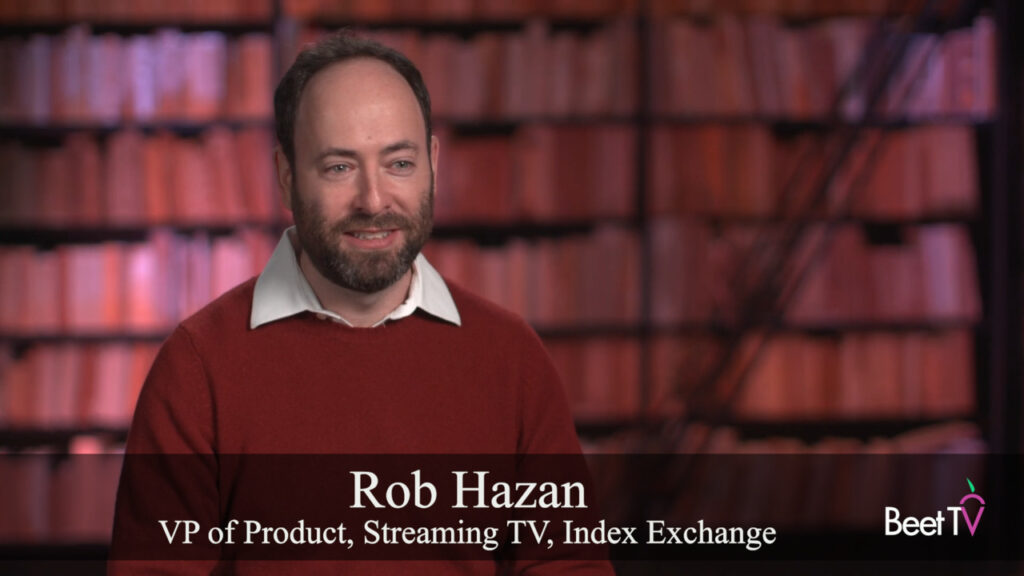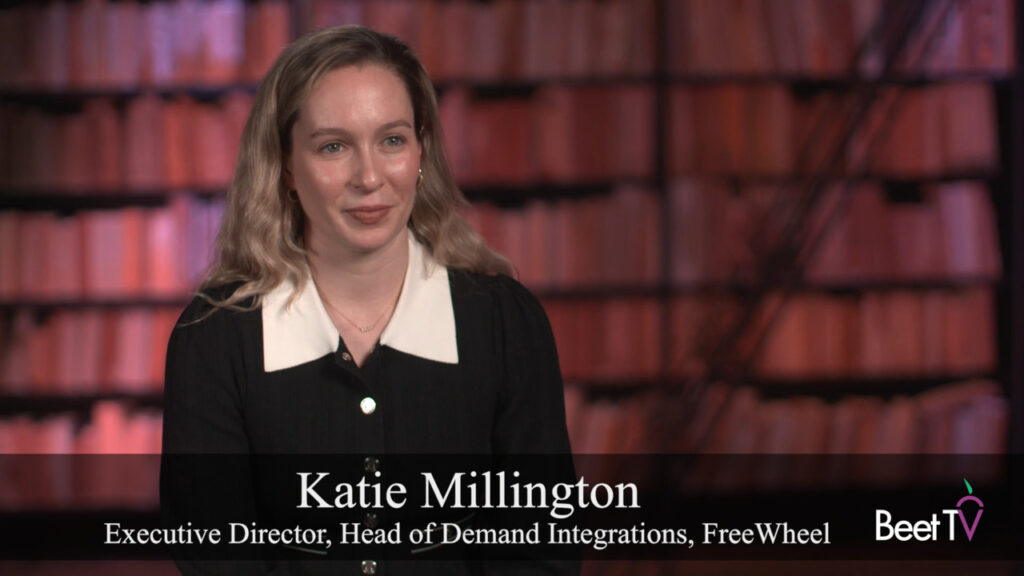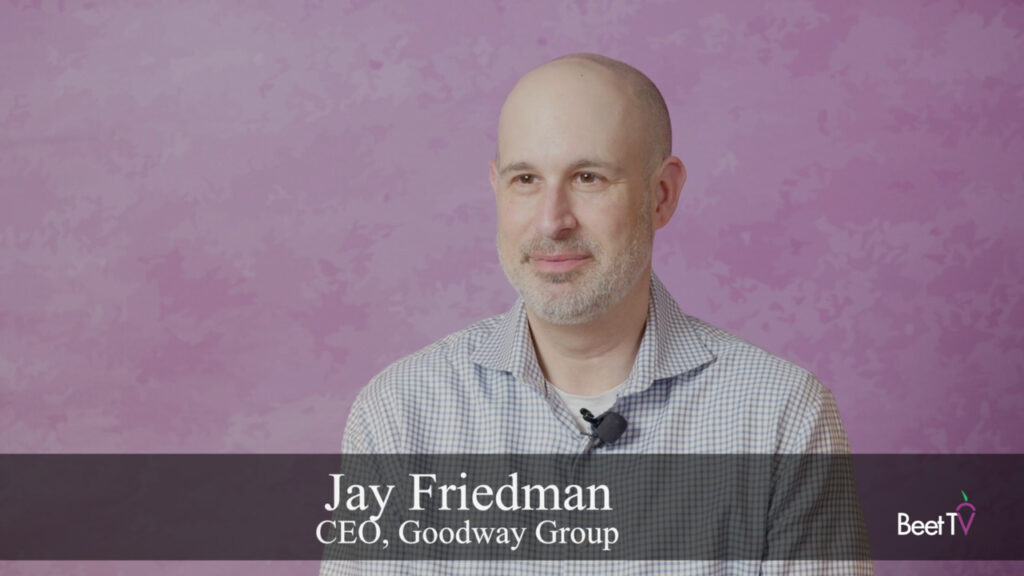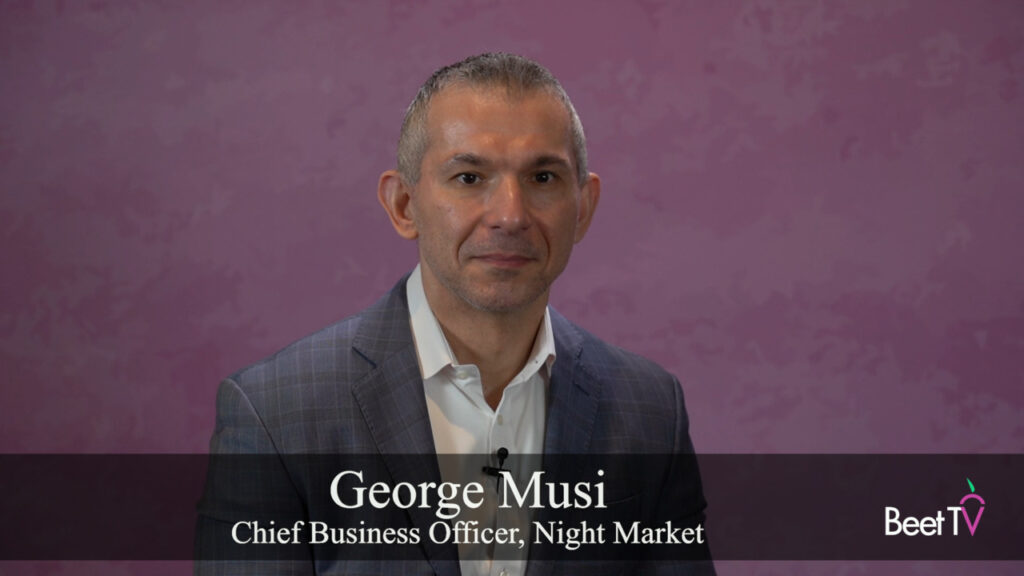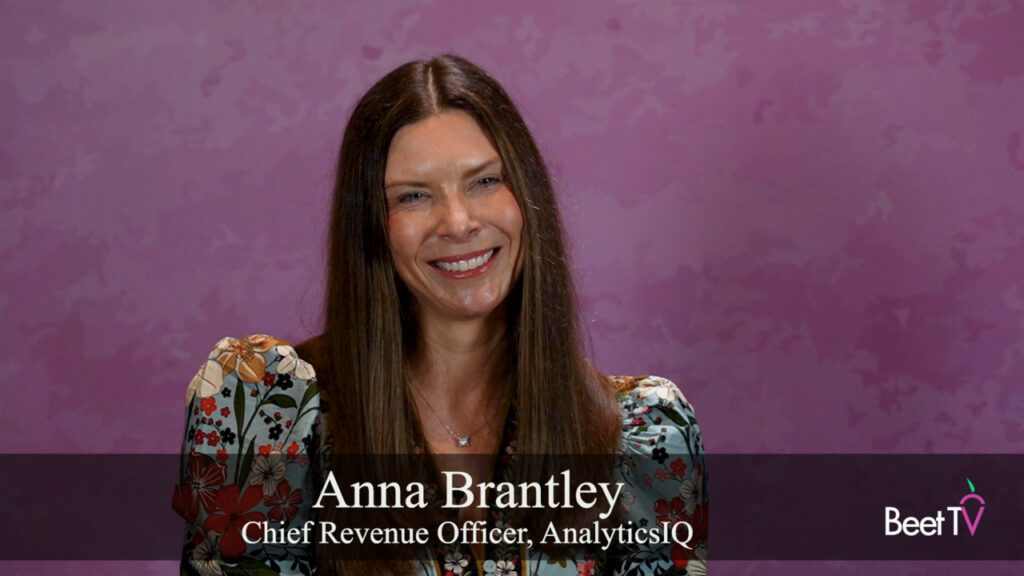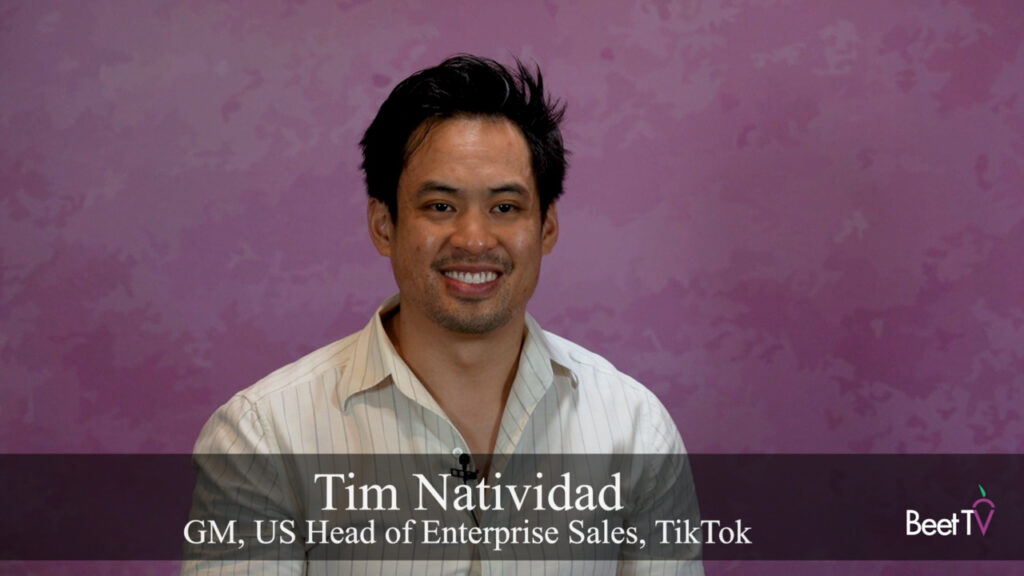Improving the media ecosystem for advertisers and consumers is a significant undertaking that involves everything from tackling ad fraud to improving audience measurement methods. It also includes greater awareness of the environmental effects of advertising amid growing concerns about global warming.
Responsible advertising “goes a step deeper, and it does get into a little bit of the idea of corporate responsibility and corporate welfare, and really making sure our workflows, our transactions are transparent,” Mike Fisher, vice president of advanced TV and audio at Essence, a unit of WPP’s media agency GroupM, said in this interview with Beet.TV.
Making advertising work better for people is a key goal for GroupM’s media-buying framework called “Responsible Investment.” The idea is to create a healthier advertising ecosystem that advances brand safety, data ethics, responsible journalism, sustainability and diversity, equity and inclusion.
As much as advertisers want to ensure they’re reaching consumers with relevant marketing messages, they need to be mindful of people’s demands for privacy and willingness to opt out of data sharing. Advertisers also help to create a positive media environment by supporting the production of quality programming.
“Yes, there are subscription models out there that do work and do create good content, but what a lot of people sometimes forget is that advertising does drive a lot of content production,” Fisher said. “It’s a responsibility for us to ensure not just that advertising is used to deliver a message, but also to deliver strong content and create that content.”
Shift in Viewing Habits
The pandemic led many people to spend more time at home and further embrace streaming services that let them time-shift programming and discover other content. The rapid growth in digital platforms led advertisers to shift from daypart-based media buying and planning to impression-based methods. Streaming has become a major complement to linear TV.
“That means that we as an agency needed to change our approach very quickly as well, understanding that when everybody is at home during the pandemic and wanting to watch primetime content at all hours, every hour of the day became a theoretical ‘prime’ hour,” Fisher said.



























